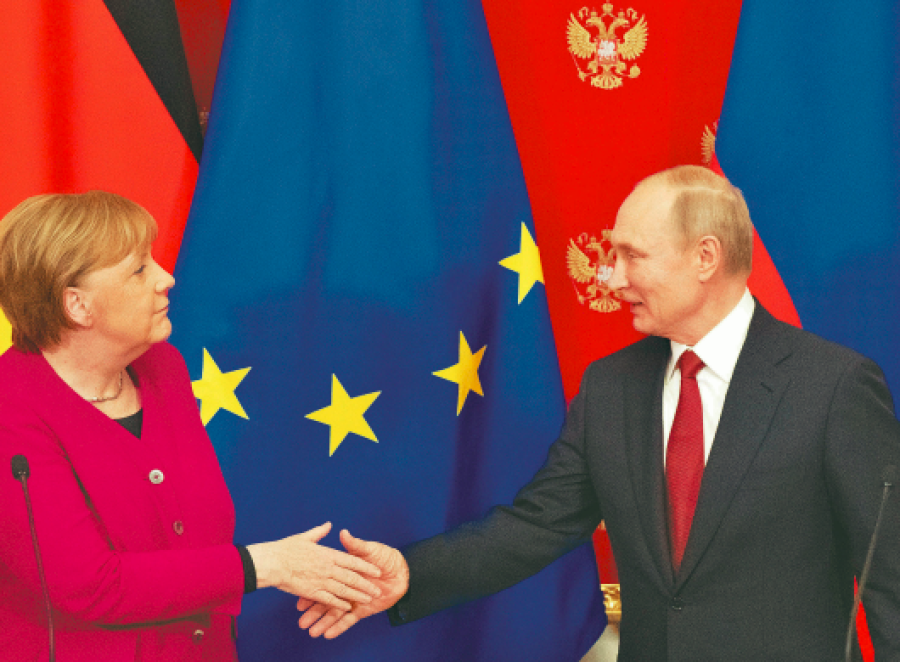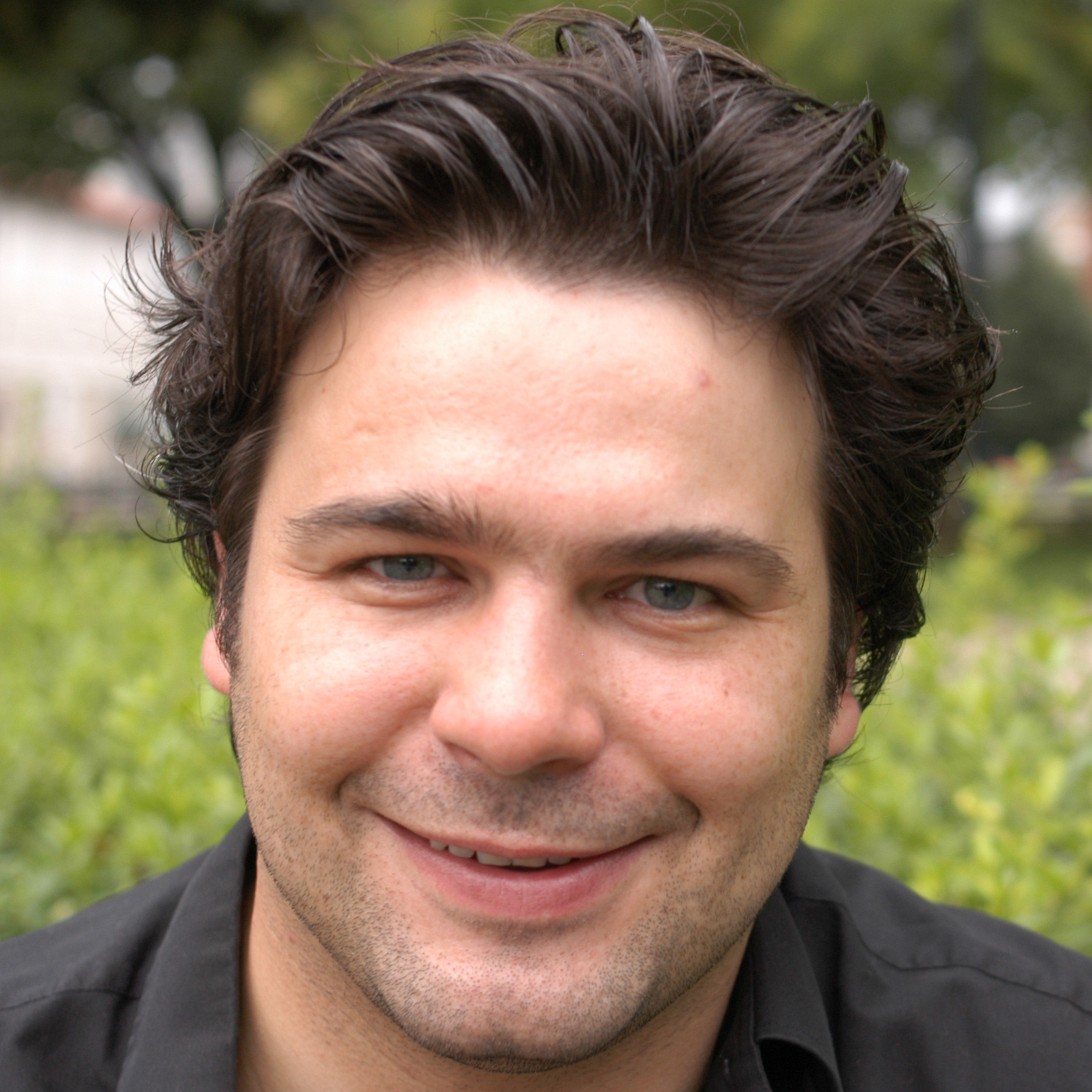Columns
The Russia strategy Europe needs
The European Union should be in no hurry either to engage with Putin’s regime or to force a diplomatic crisis.
Mark Leonard
Decades after the Cold War, Russia remains the perfect enemy, with an unmatched ability to agitate Europe’s political class. But the intensity of European debates and emotions regarding Russia masks a growing unity that should underpin a new approach toward President Vladimir Putin’s regime.
In the mid-2000s, Europeans were deeply divided regarding relations with Russia. Germany, led by then-Chancellor Gerhard Schröder, wanted to engage with it, while Central and East Europeans sought containment. On the surface, today’s debates about Nord Stream 2, a controversial pipeline that will deliver Russian gas directly to Germany, and the Kremlin’s persecution of Russian opposition leader Alexei Navalny appear to be reinforcing that old divide. But the reality is quite different.
Europe no longer has any illusions that Russia is on a trajectory toward liberal democracy that could be accelerated through engagement. Also out is the idea that states in the Kremlin’s firing line are in trouble only because of their own provocative behaviour.
Europeans are now mostly united on the need to deter Russia from further foreign adventurism. They have maintained three tough sanctions programmes without interruption following Russia’s 2014 invasion of Ukraine and annexation of Crimea. Moreover, many European Union member states have been increasing their military spending, and have agreed to NATO measures to push back against Russian aggression.
Notwithstanding disagreements over Nord Stream 2, Europe is also more united on energy policy. In the mid-2000s, EU member states were isolated energy islands that had to deal with the Russian bear on their own. Today, they are part of an integrated European energy market that can ensure gas supplies to countries—including Ukraine, via reverse-flow pipes from Western Europe—that the Kremlin cuts off. This significantly reduces Russia’s leverage over East European countries.
For more than a decade, the EU and the United States have alternated between phases of engagement and confrontation with Russia. The recent visit to Moscow by Josep Borrell, the EU’s High Representative for Foreign Affairs and Security Policy, was just the latest in a long list of failed attempts at resetting relations and seeking deeper cooperation with Russia, and leaves no doubt about the Kremlin’s lack of appetite for such efforts. But a possible steep escalation of EU sanctions in response to the Kremlin’s treatment of Navalny risks giving Putin the external enemy he needs to deflect attention from his internal problems.
Putin has been in power for too long and is losing his grip on Russian society. As a result, Russia is entering a period of decline and political decay. The country’s population is ageing, while the real income of its middle class is falling. Putin has failed to diversify the economy, and global demand for hydrocarbons is set to fall over the next decade.
Moreover, in Navalny, Putin has his first genuinely threatening political opponent. Navalny is younger, better-looking, and braver than Putin. He is not a liberal or an internationalist and has built a communications infrastructure that the Kremlin is struggling to control.
But it is more the weakness of Putin’s system that makes Navalny dangerous. Navalny is not yet competitive with Putin in terms of popular support, and probably never will be—though he is surely the most visible dissident for now.
Meanwhile, some European leaders are calling for greater EU activism toward Russia. 'Engagers' such as French President Emmanuel Macron have sought to restart dialogue with the Kremlin, while 'containers' like Lithuanian President Gitanas Nausėda favour tougher sanctions. But, again, this debate conceals the extent of convergence within the EU on Russia.
Whereas China is becoming more powerful and globally engaged, the opposite is true of Russia. The EU should thus be in no hurry either to engage with Putin’s regime or to force a diplomatic crisis. Instead, it should deprive Putin of the one thing he craves: political attention. So, rather than vacillating between resets and crackdowns, the EU should pursue an alternative approach. Call it 'principled indifference' or 'tough engagement.'
For starters, Europe must be clear about its interests while strengthening the EU’s security. By increasing their military, counterintelligence, cyber, and energy capabilities, EU member states can improve the Union’s standing in Russia. Furthermore, the EU and the US should agree on a joint approach toward Russia—putting Nord Stream 2 on hold in the meantime—so that Putin is less tempted to pit one against the other.
A second dimension of such an approach should be to constrain Russia’s foreign policy. True, Western sanctions and its own internal problems mean that Russia currently has less money and attention to spare for Belarus, Moldova, Ukraine, or Armenia. But the EU should nonetheless respond forcefully to any Kremlin provocations and aggression. In addition, member states should start investing in military and security partnerships with countries like Ukraine, Moldova, and Georgia, and decouple such initiatives from the issue of NATO enlargement. The EU could also engage Turkey in a dialogue on Russia and Black Sea security issues.
Improving transatlantic coordination on Russia will be key. The EU’s unilateral outreach to the Kremlin undermines its standing in both Moscow and Washington, and hasn’t paid off.
None of the above means that the EU should avoid dialogue with Russia. But this is best reserved for multilateral forums such as the Organisation for Security and Cooperation in Europe or the Arctic Council. Discussions with Russia—whether on climate change, vaccines, or visas—should be technocratic, without the diplomatic fanfare or emotion that have characterised recent attempted openings.
Putin does not have time on his side. If the EU responds firmly and unemotionally to the Russian president’s aggression, it should be able to contain his malign influence without aiding his attempts to, say, label Navalny as a foreign agent. Paradoxically, the best way for European leaders to nurture an appetite for constructive engagement in the Kremlin is to seem less desperate for it. Let Putin come to them.




 9.7°C Kathmandu
9.7°C Kathmandu















